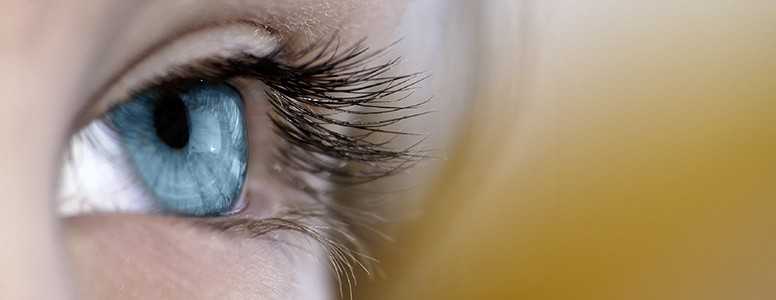A recent trial investigating treatment for diabetic macular edema has led to drug dosages being questioned by experts.
The Diabetic Retinopathy Clinical Research Network (DRCNW) revealed findings of their Protocol T comparison study at the American Society of Retina Specialists (ASRS) 2015 Annual Meeting.
In the Protocol T study, 660 people with diabetic macular edema – which can lead to problems with central vision – either received 2.0mg of aflibercept, 1.25mg of bevacizumab or 0.3mg of ranibizumab.
After a year of treatment, patients in the aflibercept group had developed more lines of vision, but this was only attributed to patients in each group who had the most severe loss of vision.
Dr. David Brow, MD, Baylor College of Medicine, United States reported that if the dose of bevacizumab or ranibizumab had been increased, the results may have been equivalent with aflibercept.
The researchers added that while the US Food and Drug Administration (FDA) approved ranibizumab at 0.3mg, other countries have approved it for use at 0.5mg.
There were no apparent differences between the study groups, on average, and these findings highlight how instrumental dosage levels could be in treating macular edema.
The DRCNW are now working on a new trial to assess which drug works best for macular edema patients.
What's new on the forum? ⭐️
Get our free newsletters
Stay up to date with the latest news, research and breakthroughs.







